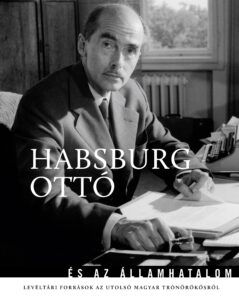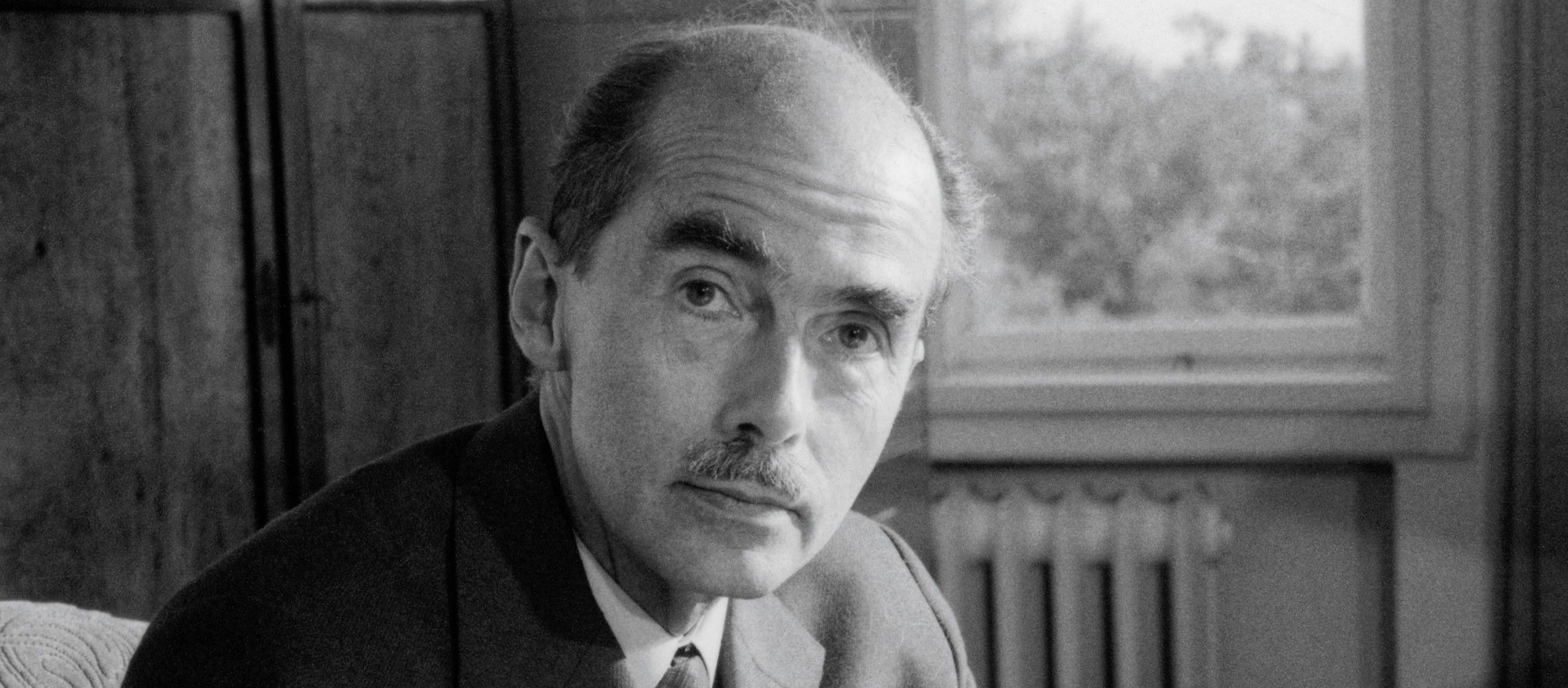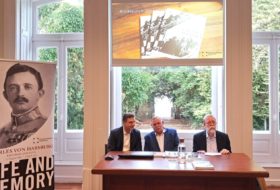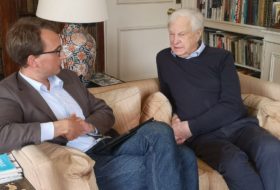Who does not know their past, are not the master of their future,
not aware of where they came from, thus they cannot know where they are headed,
for the simple reason that they do not know where they are at the moment.
Throughout his long and truly not eventless life, Otto von Habsburg (1912–2011) was always aware of who he is, where he came from, where he is at the moment and where he was going. He was born as an expectant of the throne of a European empire and, as a young child, went through a cataclysm that fundamentally overturned a world order that was previously believed to be unshakable. He spent his youth in exile, losing his father at the age of ten. He witnessed how the European continent, the countries and provinces he was strongly attached to through family ties, became a playground for two totalitarian powers in the 1930s, eliminating all that was created as a value by Europe over the centuries. Europe’s cohesiveness despite its diversity and the need for its preservation really struck him when he was forced to follow the continent’s war drama from the United States at the time of the Second Burning of the World.
 |
Crown Prince Otto became a world citizen and quickly found his place and task after 1945. While coping with the reality of the Cold War, he used his seemingly inexhaustible energy to strengthen the ideological foundations of the free world to liberate the peoples behind the Iron Curtain as soon as possible. He wrote articles and studies, undertook lecture tours, corresponded, travelled, discussed, brought organizations to life, and took on a never just formal role in already existing ones. He actively shaped the fate of his beloved Europe, as a key member of the Pan-European Union and then of the European Parliament for decades.
In our publication, with the help of the documents of the National Archives of Hungary, we provide an insight into the events of an exceptionally rich life path including the relationship between Otto von Habsburg and the Hungarian and Austrian state power – from rejection to acceptance. The background and context of the events are highlighted by the first study of the volume. Most of the photographs used as illustrations were selected from the collection of the Otto von Habsburg Foundation. Our present volume is the first in a series of publications, which intends to present Otto von Habsburg’s remarkable life and diverse political activity.


